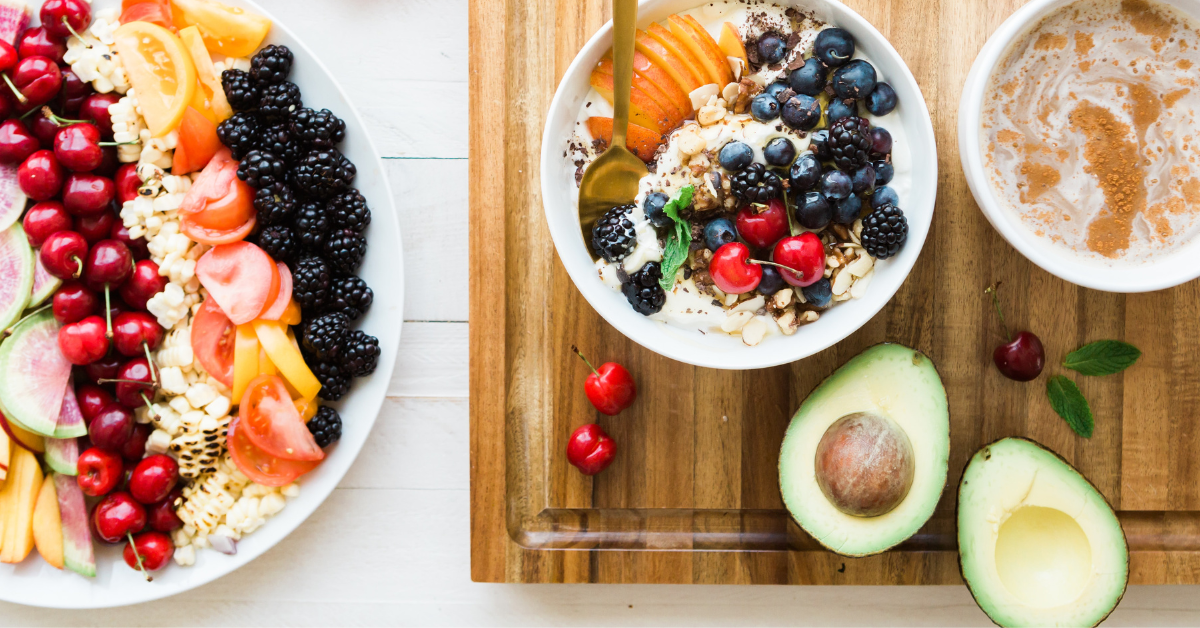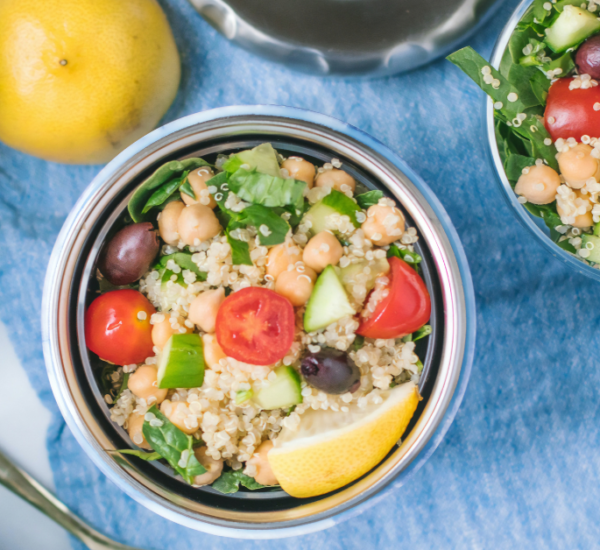Do you deserve to get the guilts if your budget just won’t stretch to buying more expensive organic foods?
It’s nice to get warm eco-fuzzies from knowing you’re eating happy hens and content cows, pesticide-free herbs and small-footprint vegies … But sometimes there’s just no room for that heartfelt buzz on the grocery list. The question then is: are organic foods actually worth the extra cash splash?
When you think ‘organic farming’, do you also immediately think ‘diamond mining’ and ‘superannuation funds’?
No? Thought not. But what these three things have in common is mega bucks – they’re set to be the biggest-growth industries in Australia this year, according to business analysts IBISWorld.
For conscientious food shoppers that means there is no denying ‘going organic’ will continue to make a bigger dent in your wallet than if you buy regular supermarket brands.
The organic food industry DOES focus on animal welfare, environmental sustainability, the impact of food production, and doesn’t use artificial fertilisers or synthetic chemicals. And this matters, with Australian studies (links below) proving that the natural content of foods and environmental protection are major motivating factors for shoppers to buy organic.
But while there ARE good reasons, what about the family grocery budget? Are organic foods really better for your health and worth the extra outlay?
Are Organic Foods Better?
Umm, the answer isn’t a definite one.
NO According to a recent systematic review on organic foods (Smith-Spangler et al. Link below), there was no significant difference nutritionally between organic and non-organic foods.
YES Although, some studies have shown that organic potatoes and leafy vegetables have higher levels of vitamin C than non-organic versions.
YES Growing foods organically can be better for the environment because pesticides or herbicides aren’t used and the farming practices are based around protecting the environment. Studies have found consuming organic foods may reduce exposure to pesticide residues.
NO But organic foods are not necessarily completely chemical free. In Australia though, the exposure to these residues is below reference health standards.
YES Organic animals are free to roam, they’re not exposed to growth promoters and their food isn’t treated with pesticides or herbicides. In theory, this means the meat is tastier.
NO Organic foods are often much more expensive than non-organic foods and may not last as long. If you’re buying organic, look out for certified organic produce, if the product is not certified organic you don’t know what you’re getting.
What’s the Verdict on Organic Food?
Although there isn’t enough evidence to recommend organic foods over non-organic foods, the decision to buy organic can be based on a range of factors and is ultimately up to you. It’s more important to consume a healthy balanced diet, regardless of whether the fruit, vegies and meat is organic or not.
Whether you buy organic or not the recipes are the same. So take the hard work out of planning daily menus for a healthy, balanced diet and sign up now for access to more than 900 tasty dishes!
Organic Food Reference Articles
Food Standards Australia New Zealand, ‘Australian Total Diet Study’
Hui-Shung, C, & Zepeda, L 2005, ‘Demand for Organic Food in Australia: Results from a Focus-Group Study‘, Journal Of Food Distribution Research, 36, 1, pp. 223-224, Food Science Source
Lockie, S, Lyons, K, Lawrence, G, & Mummery, K 2002, ‘Eating ‘Green’: Motivations behind organic food consumption in Australia‘, Sociologia Ruralis, 42, 1, p. 23, SocINDEX with Full Text
Magkos, F, Arvaniti, F, & Zampelas, A 2003, ‘Organic food: nutritious food or food for thought? A review of the evidence’, International Journal Of Food Sciences & Nutrition, 54, 5, p. 357, SPORTDiscus with Full Text
Smith-Spangler, C, Brandeau, M, Hunter, G, Bavinger, J, Pearson, M, Eschbach, P, Sundaram, V, Hau, L, Schirmer, P, Stave, C, Olkin, I, & Bravata, D 2012, ‘Are Organic Foods Safer or Healthier Than Conventional Alternatives?‘, Annals Of Internal Medicine, 157, 5, pp. 348-366, Food Science Source
Williamson, C 2007, ‘Is organic food better for our health?’, Nutrition Bulletin, 32, 2, pp. 104-108, CINAHL Complete














